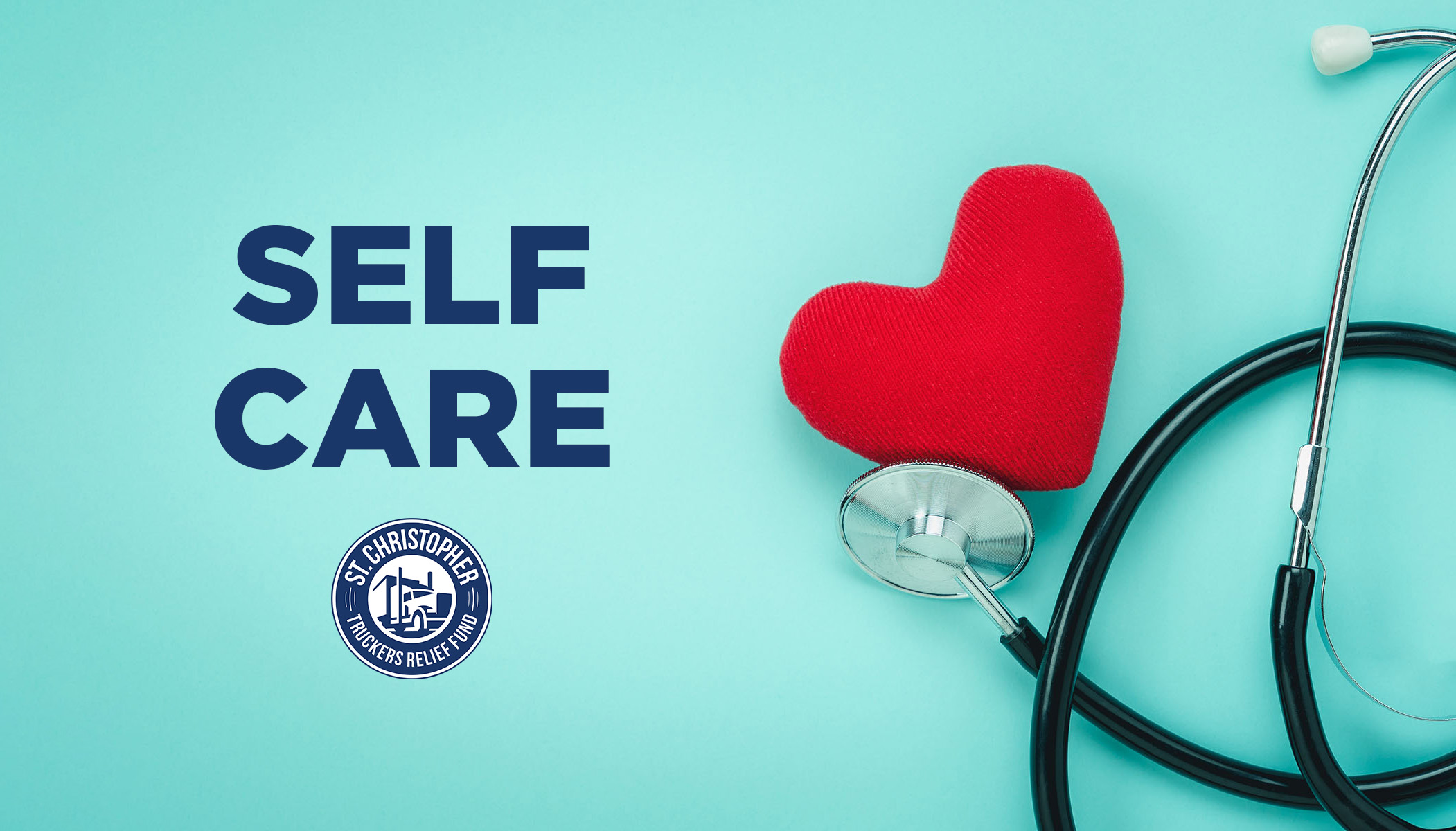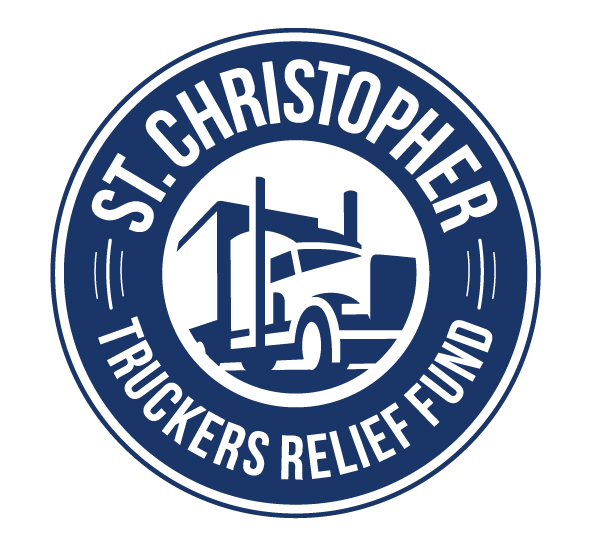
If you’ve ever taken a flight and listened to the safety spiel before takeoff, you know the importance of placing your own oxygen mask before helping others. But how often do we use this technique outside of an aircraft emergency? To be honest, probably not frequently enough. Self-care can be thought of as a set of activities that a person engages in regularly to prioritize health, prevent illness, and manage physical and mental health conditions. It involves taking care of your overall wellbeing first so that you can be your best self in other areas of life. By investing time in self-care, you are helping to reduce stress, increase life satisfaction, build a sense of accomplishment, develop healthier relationships, and set clearer goals for the future.
There are formally 8 recognized forms of self-care that include physical, psychological (mental/emotional), environmental, financial, social, recreational, spiritual, and professional/educational self-care. Each form of self-care has foundational aspects that we can think of as the bare basics and then areas that we can explore during times when the basics feel easy. During periods when life becomes stressful and overwhelming, it is important to get back to the basics of foundational self-care. It is also important to know that everyone has a deficit in some form of self-care. We can look at self-care as a lifetime investment rather than a sprint to the finish line – the pursuit of better health and well-being is an ongoing process that requires continuous effort, commitment, and adaptation. With that in mind, it can be helpful to perform a self-assessment of one’s self-care from time to time to identify areas that may be lacking.
Physical self-care is likely what comes to mind when most people think of self-care. While its importance remains the same, priorities will vary depending on your lifestyle. Physical self-care includes nutrition, hydration, adequate sleep, and physical activity. For over-the-road drivers, there are numerous barriers that can make this form of self-care especially challenging. Building a foundation for physical self-care may include keeping convenient, shelf-stable nutrition snacks available, stretching often, setting goals for fluid intake while also limiting caffeine, and making an effort to create an environment conducive to quality sleep.
Another form of self-care that is most familiar is psychological self-care, which includes mental and emotional health. At the very least, prioritizing mental health sets a foundation for psychological self-care, but many smaller pieces can help to support mental health and can be a form of self-care. Writing in a journal to reflect on your thoughts and feelings and making time to include things you are grateful for can help to create a more positive mindset. While on the road, practicing some positive affirmations and mindfully including forms of stress management can also be helpful. Even more simply, give yourself the opportunity to laugh out loud!
One form of self-care that can initially feel stressful is financial self-care. By assessing expenses, creating a budget, and setting both short- and long-term financial goals, we can greatly reduce this stress and set ourselves up for success. Our very own Shannon Currier is partnering with Sarah from New York Life to create a 4-part series on financial health in St. Christopher Fund’s Highway to Hope podcast. Setting time to tune in and take some notes may provide a great opportunity to invest in financial self-care. In the meantime, looking at expenses, particularly discretionary spending, and considering if these purchases are supporting overall health and happiness can be a great place to start.
Social self-care can be one of the more challenging forms of self-care while on the road, as there is the risk of social isolation. Social self-care involves making regular connections to nurture relationships with others. While on the road, it is important to make time to connect with friends and family and carve out time to respond to personal emails, letters, texts, and calls. Building your current social circle can also be beneficial. However, these relationships ideally should be mutually beneficial. Self-care in this category may include reducing time with or cutting out people who bring negative energy or are toxic in nature.
Given the lifestyle of over-the-road truck driving, environmental self-care is an especially important area to assess and build some simple routines around. Environmental self-care involves creating a safe, functional, and comfortable living space, which includes the truck. Simple routines to create a strong foundation here include a simple cleaning and decluttering routine and creating a positive sensory experience, meaning a comfortable temperature, music that is enjoyable, and a place to sit and lie down that support good posture and quality sleep.
Recreational self-care involves making time for hobbies and activities that you enjoy or think you may enjoy, which may be especially challenging for OTR drivers due to long working hours and limited space. However, we can also think of recreational self-care as making time for fun, which may give you the opportunity to think outside of the box. Reactional self-care could include reading for pleasure, spending time in nature, or simply dancing. While some hobbies do require equipment or large space, consider the activities that can travel with you versus those that are best suited for home time.
Professional and educational self-care can include self-care that supports career and/or educational goals as well as learning for fun. Building a foundation for self-care in this category may include setting clear boundaries between work time and personal life and defining some clear goals. While setting goals, consider goals personal to you and write them down. For some ideas, consider aiming for a certain number of miles driven without an accident or slowing down to improve gas mileage. Another area to consider would be balancing the challenges of other forms of self-care within the chosen career – can we make an effort to get more vegetables, whole grains, and fruits despite the existing barriers?
The final category of self-care is spiritual self-care, which often is assumed to be religious in nature; however, spiritual self-care is the pursuit of optimism and hope in any form. For some, this may include an organized religion, though spiritual health also involves positive self-talk, actively seeking sources of inspiration, and having experiences of awe. Most commonly, these can be found in nature, though may also include activities such as yoga, meditation, or supporting a cause that has meaning to you.
Tackling all areas of self-care may feel overwhelming, so it is okay to identify a couple of areas to start with. Consider which form of self-care is likely to make the biggest impact on your quality of life and start there. Remember, there is no finish line when it comes to self-care. It is a lifetime commitment to better health and wellness.
